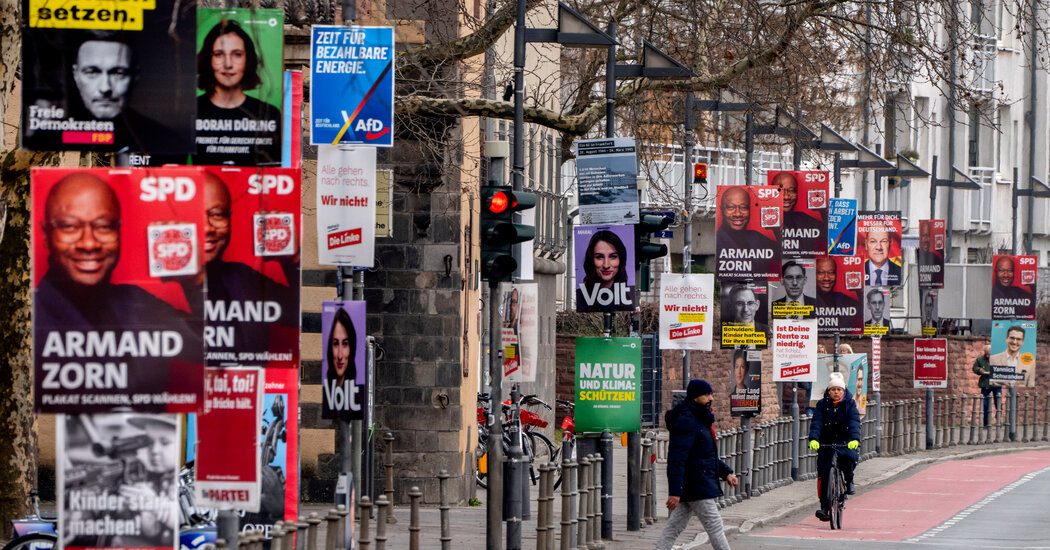
As Germany’s condensed election campaign draws to a close, the responsibilities of its next chancellor have become increasingly critical—impacting not only the nation but all of Europe, in ways few anticipated.
Following the abrupt dissolution of Germany’s coalition government just one day after the U.S. presidential election last November, the elections initially scheduled for September have been moved up to this Sunday. German leaders quickly acknowledged that their campaign would unfold during the early days of President Trump’s second administration.
From the onset, there was apprehension among German officials, but they were far from prepared for the challenges ahead.
In a matter of weeks, the new Trump administration has sidelined Ukraine and European interests in negotiations aimed at resolving the conflict with Russia. It has also favored a more assertive and expansionist stance from Moscow, which poses a direct threat to Europe. Additionally, there have been warnings regarding the potential withdrawal of U.S. troops that have long provided security to Germany.
How the German electorate decides will be pivotal in shaping Europe’s reaction to Mr. Trump’s redefined global strategy, with implications that extend far beyond German borders.
Friedrich Merz, the frontrunner for the chancellorship, articulated the gravity of the situation during a rally in Oberhausen, stating, “This is not merely another governmental transition under Mr. Trump, but a fundamental reshaping of the global landscape.”









